mason bee basics
Registration closes at 8:00am the morning of the class. Be sure and reserve your spot!
Saturday, november 14th, 9:00am - 10:30am pacific time
via zoom (class not recorded)
Instructor:
Mark fitzsimons
Learn about one of our amazing native spring pollinators by joining Mark Fitzsimons for his “Mason Bee Basics” class. Whether you want to increase your orchard/garden production through better pollination or simply help our native pollinators, Mark offers a primer good for getting started with Mason Bees. The class will include tips on optimizing colony growth and health for those already managing a colony. Find out how the bees nest in your garden, why they are gentle, what makes them amazing pollinators, and take home exact steps for your success.
Learn how to attract this gentle pollinator to your gardens and reap the benefits of its thorough early spring activity. The Blue Orchard Mason Bee, Osmia lignaria, is truly a gardener’s best friend. This Pacific Northwest native does not form a hive, is not aggressive, stays active in cool weather, is estimated to pollinate 95 percent of the flowers it visits, and it visits more than twice as many flowers every day as a honey bee! Learn how you can keep a population of these early spring pollinators close at hand when fruit trees and berries are blooming. We’ll discuss how to meet their needs, maintain healthy nests, and increase their numbers from year to year.
TUITION: $5 - $15 sliding scale
The link to the Zoom meeting will be sent out to attendees before the workshop time.
About the instructor:
Mark grew up in Minnesota and his favorite 4-H project as a kid was entomology. Since then he has been a teacher, hiking and paddling guide, and educational program developer for several organizations. He is currently the Program Coordinator for Tualatin Riverkeepers and also volunteers for the Johnson Creek Watershed Council and is a North Clackamas Urban Watershed Council board member. His other interests include nordic skiing, traditional archery, and paleo-archaeology. A constant through all of this has been a love of insects that has grown into passionate advocacy for our native pollinators.


